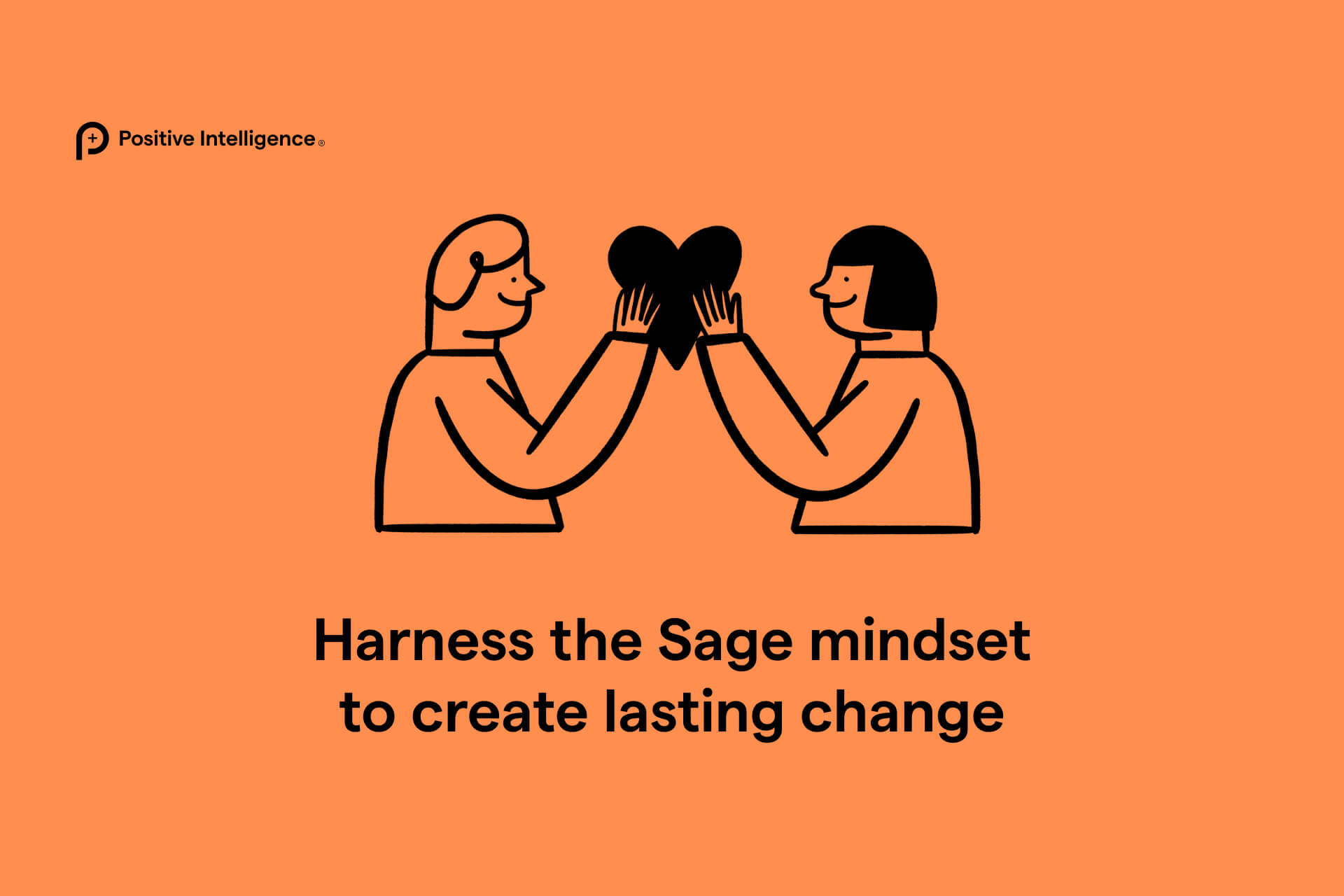
Individual
A self-facilitated program to boost your mental fitness for personal and professional growth
This website will offer limited functionality in this browser. We only support the recent versions of major browsers like Chrome, Firefox, Safari, and Edge.

Select the experience that fits your needs

A self-facilitated program to boost your mental fitness for personal and professional growth

A self-facilitated mental fitness program with exclusive pricing for 2 to 25 individuals

Explore coach-led mental fitness programs with workshops tailored to your organization
Mental Fitness

More than ever, we are challenged to have difficult but necessary conversations about diversity, equity, inclusion, and belonging. This vital work is central to building strong, cohesive teams and communities.
Yet, despite the best intentions and carefully crafted policies, DEI initiatives can backfire. The reason is simple: you can’t build a more cohesive team or workplace if you aren’t first addressing what’s going on in your own mind.
To understand this problem, you have to look at your brain. Your mind has two sides that are constantly at war:
The Saboteur part of your brain is driven by fear. It creates negative emotions like stress, anxiety, shame, and anger. When you’re operating from this mindset, you’re more likely to see threats and act defensively. This is the part of the mind that sabotages diversity, equity, inclusion, and belonging efforts.
The Sage is the wise part of your mind, powered by positivity. It helps you feel empathy, curiosity, and laser focus. When you’re in your Sage mindset, you naturally look for solutions and opportunities. This is the part of the mind that can make diversity, equity, inclusion, and belonging efforts truly successful.
The reason so many DEI initiatives fail is that they focus on the “mechanics” (policies, workshops, etc.) without addressing the underlying mindset. You can have the best policies in the world, but they’ll backfire if people’s Saboteurs are running wild.
It’s easy to think of DEI issues as us versus them. But the truth is, everyone contributes to the problem. We all have Saboteurs that get in the way, whether we’re in a position of advantage or disadvantage.
To understand this, let’s replace “majority” and “minority” with “advantaged” and “disadvantaged.”
A person’s status can be situational. For example, a tall person has an advantage in basketball but a disadvantage in gymnastics. This reminds us that everyone belongs to both advantaged and disadvantaged groups in different parts of their lives.
So, how do Saboteurs derail DEI efforts?
When you are in a position of advantage, your Saboteurs can make you:
Feel shame and guilt: You might feel guilty about your group’s historic privilege. This can be a helpful alert, but if you stay in it, it will paralyze you and prevent you from taking positive action.
Feel judgment and resentment: As DEI efforts empower disadvantaged groups, you might feel threatened that you’re losing some of your relative advantage. This can lead to judgment and resentment instead of empathy.
Engage in fearful self-protection: You might secretly work against DEI efforts with others from your group to protect your status.
When you are in a position of disadvantage, your Saboteurs can make you:
Internalize judgment: If others have judged you, you may have developed an inner critic that keeps judging you even when the external voices are gone. This voice perpetuates lies that you’re unworthy, even if others now see your worth.
Over-attribute actions: If you’ve consistently experienced bias, your mind can start to see every negative action as a form of prejudice, even when it’s not. For example, a rude cashier at the airport might just be having a bad day, not displaying prejudice.
Isolate your identity: You might become so focused on your disadvantaged identity that you miss opportunities to connect with people outside your group and build common ground.
When people from both sides act from a Saboteur mindset, it creates a Saboteur contagion that makes things worse.
The key to fixing this problem is to shift from a Saboteur mindset to a Sage mindset. The Sage approach is rooted in love, curiosity, and a belief that you can turn any situation into an opportunity.
You can do this by using the 5 Sage Powers:
For those in a disadvantaged group, this means having loving compassion for yourself instead of self-pity. For those in an advantaged group, it means having compassion for everyone. It means knowing that every human carries hidden burdens, and taking time to truly understand the experiences of others.
Get curious about how your own Saboteurs show up in these conversations. For those in the disadvantaged group, this means exposing and intercepting the internalized Saboteurs you’ve been carrying. For those in the advantaged group, it means getting curious about your unconscious biases and what privileges you take for granted.
Step away from the conflict and get into the mindset of a creative genius. This power helps you find fresh, new solutions by brainstorming possibilities without judgment. Instead of getting stuck in old patterns of blame or defensiveness, you can generate ideas to move the conversation forward.
Look at the bigger picture and ask yourself, “At the end of my life, looking back, how will I wish I had approached this to create a more loving world?” Then, take action. Don’t be discouraged by the size of the problem. What is one small step you can take today to make things better?
Having a Saboteur mindset is not a personality flaw, but you do need to build mental fitness to shift the balance of power in your mind. Just as physical fitness strengthens your body, mental fitness strengthens your mind.
You can’t change deep-seated mental habits with insight alone. A one-hour workshop is like “building castles on sand.” It gives you an idea of what to do, but it doesn’t build the mental muscle to do it consistently or long-term. The only way to counter the Saboteurs is by energizing your Sage and using your Sage Powers.
The Positive Intelligence operating system is the easiest way to do this. With just minutes of daily practice, you can master:
With consistent practice, you’ll find yourself responding to tough diversity conversations with curiosity and empathy, not fear or defensiveness. You’ll be able to create a genuine and lasting shift, building a stronger and more cohesive workplace and community for everyone.
Are you ready to build the mental fitness to unlock DEI success in your workplace? Start by taking the free Saboteur Assessment to discover which inner critics might be holding you back.

